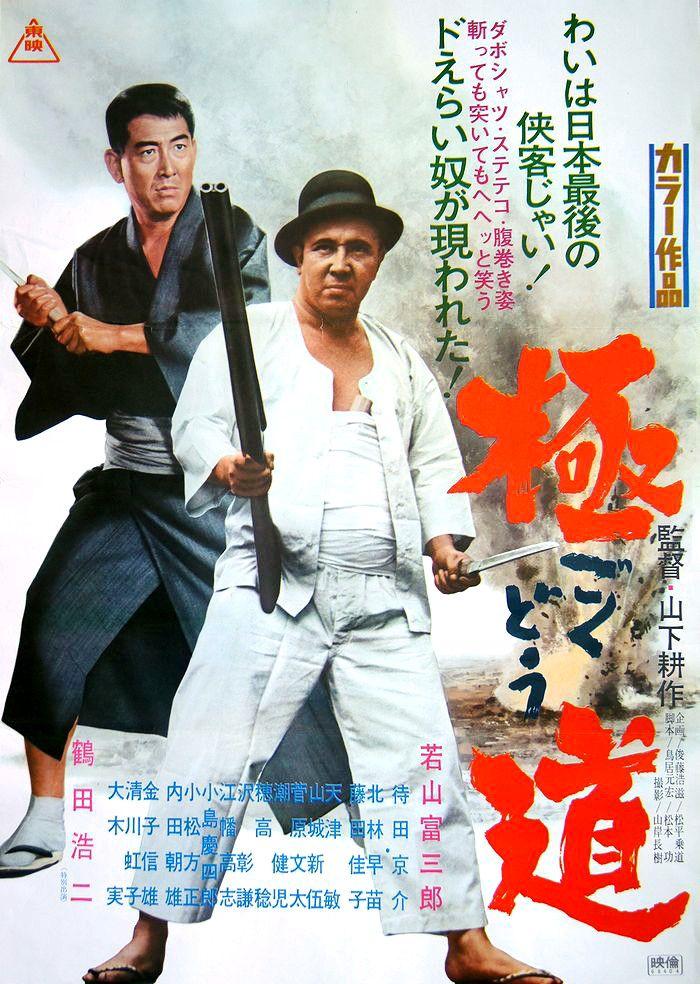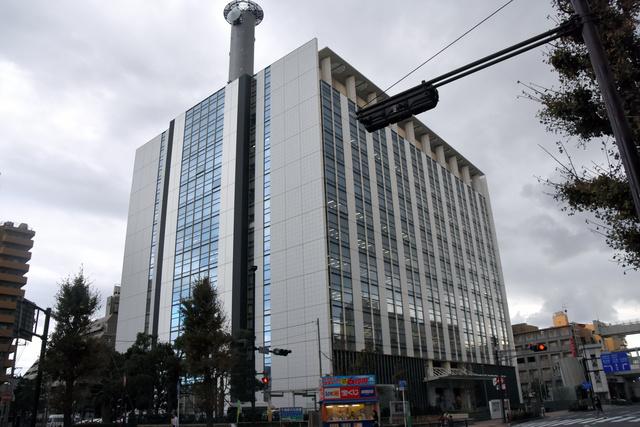[Ask a lawyer] Is "Cannabis Experie...
10
07
[Ask a lawyer] Is "Cannabis Experience Tour" allowed in Japan | Tourism Industry's Latest Information Travel Vision
"Is it allowed to recruit in Japan for" Cannabis Experience Tour "to visit cannabis ban countries?"
Cultivation, possession, and sales, including medical purposes, are strictly prohibited in Japan by the Cannabis Control Law.However, in the United States, "cannabis as a luxury item will be the capital and nine states by February 2018 (Washington, Colorado, Alaskon, Oregon, California, California, Massachusetts, Nevada, Main State, and Vermonts.It is legalized, and by December 2020, medical cannabis cannot be used only in three states, and entertainment cannabis is accepted in 15 states. "(Wikipedia).In the Netherlands, it has been lifted in Canada as a luxury item in Canada.
Therefore, since the number of young people who are interested in cannabis in Japan and the number of arrests are increasing, it may be expected that tours such as questions are morally, and considerable demand may be expected.
Is the use of cannabis a legal travel service?
If you are a travel business administrator qualification, you will immediately think of Article 13 of the Travel Business Law.

Paragraph 3 of the same Article is based on the title of "prohibited", and the travel agents and their employees, etc., say, "I don't want to act to violate the lawyers to the travelers.Alternatively, it is prohibited to provide convenience for performing that act.However, it is clear that in the banned countries (states), it is legalized that the use of cannabis is legalized, so it does not fall under the act of violating the laws that are enforced in travel areas.
Pay attention to the "foreign criminal" regulations
If there is no problem under the Travel Business Law, you may think that it will be a matter of social accusations, but it is important to note that the penalty laws are provisions.
Penalty laws are applied to crimes in Japan (groundism) in principle, but as internationally common ideas, they punish specific foreign crimes (arson, murder, injury, etc.) by their own nation.The protection of the self -ism (Article 3 of the Penal Code) and the foreign criminals (civil wars, falsification of currency, murder against the Japanese people, injuries, etc.) are punished regardless of the nationality of criminals.A principle (Article 2 of the Penal Code, etc.) is adopted.It is important to note that the provisions of foreign crimes are not limited to criminal law, but also in special law, including punishment laws, is applied mutatis mutandis in the form of "following Article 2 of the Penal Code."
According to the Cannabis Control Law, Article 24-8 is "Article 24, Article 24-2, Article 24-4, Article 24-6, and the preceding Article shall be in accordance with Article 2 of the Penal Code."a.Article 2 of the Penal Code means that, as described above, is due to the protectionism of punishment in any case of the criminal's nationality.
Article 24-2 of the Cannabis Control Law states that those who have, handed, handed, or handed cannabis will be sentenced to prison for more than five years. "A traveler who participated in the "Cannabis Experience Tour" purchased cannabis to use, violates the same rules, and is arrested and prosecuted when returning to Japan, and in "5 years of prison."It will be the subject of punishment.
On the other hand, Article 8 of the Penal Code states that "the provisions of this edition also apply to other laws of laws and regulations." "This edition" refers to the General Rules of Penal Code 1. The "General Rules" of the Penal Code means that it is a common rule for all punishment laws. In Article 62 of the Penal Code, "the person who assisted the regular offense shall be servant", and Article 63 states that "the sentence of the criminal reduces the sentence of the criminal." "Positive criminal" refers to a person who performs a crime. Speaking of Article 24-2 of the Cannabis Control Law, those who have cannabis and hand over will be positive. "Assistance" refers to the act of mental and physically helping the execution of the offender, so the travel agent who conducted the "Cannabis Tour" has made it easier to transfer cannabis in foreign countries, so at least cannabis. It is an assistant to the transfer of transfer. If you actively encourage those who do not intend to take cannabis to participate in the tour, participate, and carry out cannabis offering locally, it will be inconvenient to receive cannabis transfer, so it is a genital criminal (Article 61 of the Penal Code). You will be asked. The suggestions are "sentenced to the prison", and a penalty is scheduled to be heavier than the assistant.
In this way, even if it is not a crime in foreign countries, it may be painful to do so because it is a crime in Japan.Even if you do not name the "Cannabis Experience Tour", you will not mention the possibility of being punished in Japan just by giving explanations such as "the use of cannabis is legalized in the destination" in pamphlets.It is important to note that there is a danger of being asked for assistance, and there is a risk that it may be charged for violating the duty of explanation.
三浦雅生 弁護士 75年司法試験合格。76年明治大学法学部卒業。78年東京弁護士会に弁護士登録。91年に社団法人日本旅行業協会(JATA)「90年代の旅行業法制を考える会」、92年に運輸省「旅行業務適正化対策研究会」、93年に運輸省「旅行業問題研究会」、02年に国土交通省「旅行業法等検討懇談会」の各委員を歴任。15年2月観光庁「OTAガイドライン策定検討委員会」委員、同年11月国土交通省・厚生労働省「「民泊サービス」のあり方に関する検討会」委員、16年1月国土交通省「軽井沢バス事故対策検討委員会」委員、同年10月観光庁「新たな時代の旅行業法制に関する検討会」委員、17年6月新宿区民泊問題対策検討会議副議長、世田谷区民泊検討委員会委員長に各就任。

![[Kill personally developed games] Top class in app history! Too beautiful water puzzle "a [Q] ua" | Famitsu App for smartphone game information [Kill personally developed games] Top class in app history! Too beautiful water puzzle "a [Q] ua" | Famitsu App for smartphone game information](https://website-google-hk.oss-cn-hongkong.aliyuncs.com/drawing/article_results_7/2022/3/3/66755df992ff2d2b1e1ab43844ef9f88_0.jpeg)





![[Latest in 2021] 10 recommended seat covers for cars!If you want to improve the texture and functionality of the car, choose the mounting type and material. [Latest in 2021] 10 recommended seat covers for cars!If you want to improve the texture and functionality of the car, choose the mounting type and material.](https://website-google-hk.oss-cn-hongkong.aliyuncs.com/drawing/article_results_7/2022/3/3/e5b44589e77141f3a633189165fb6f60_0.jpeg)